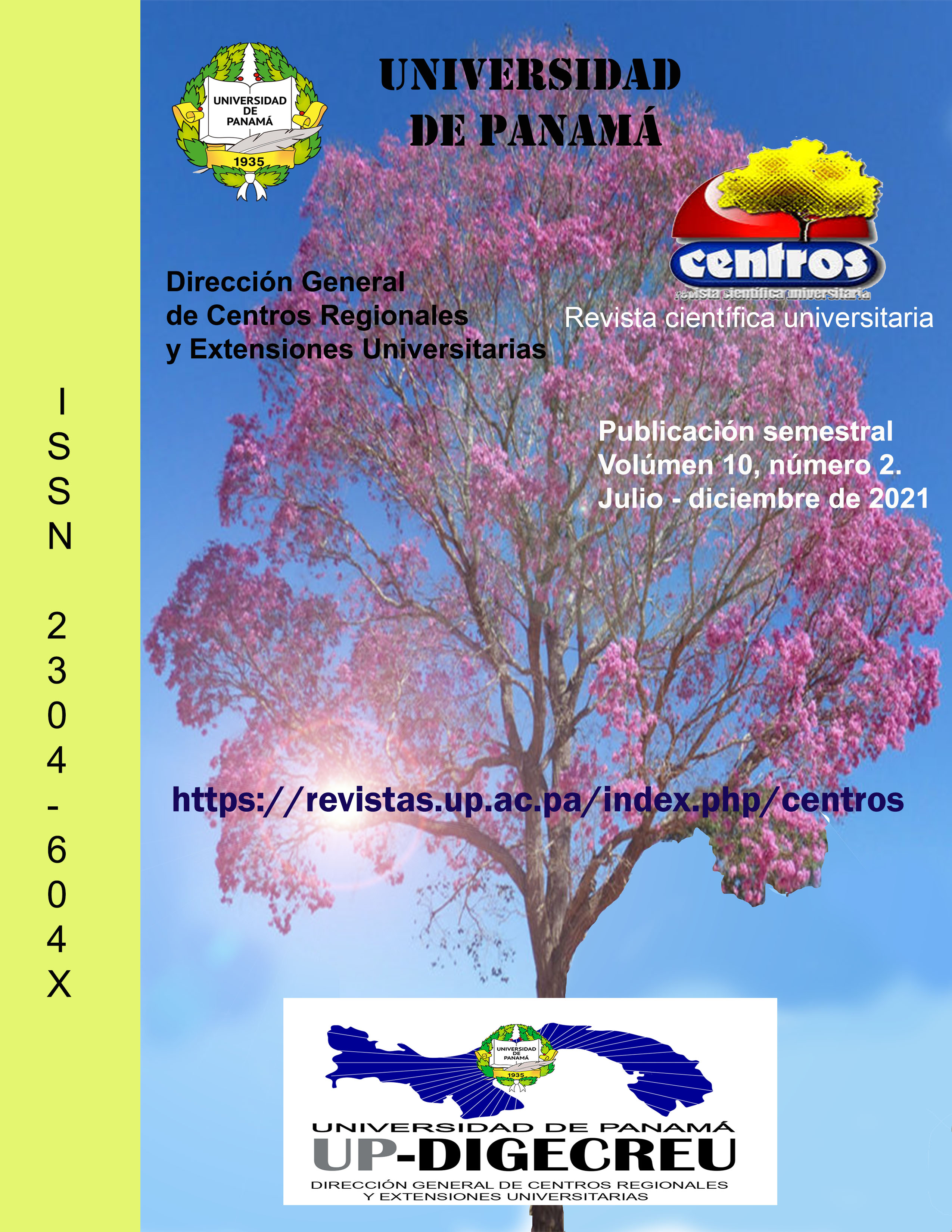

In the 20th century, the computer and technological tools provided human beings with abilities that had never been had before; but those advantages were not accessible to a whole generation. Those who had completed their formal education in the early 1990s had little or no access to these advances and were constantly marginalized in that field. Information and communication technologies (ICTs) gained greater prominence, becoming a very important reference, characterizing what we know today as the Knowledge and Information Society. Technological illiteracy is a problem with multiple causes, poverty being one of the most important variables, limiting the possibility of attending school or accessing information and communication technologies. The technological educational lag, a structural problem, must be addressed with policies of various kinds that derive in the endowment of economic resources and in pedagogical, andragogical and institutional measures, in order to solve it. The research tries to analyze the possible factors that influence the visibility of technological illiteracy in Panama, and the impact of an andragogic course of Introduction to Informatics on individuals classified as technological illiterates. The study is quantitative and qualitative, applied - descriptive. A quasi-experimental investigation design was used before/after with a positive paradigm.
It is concluded that Andragogy with the technological tools can be applied to handle the technological illiteracy problem.